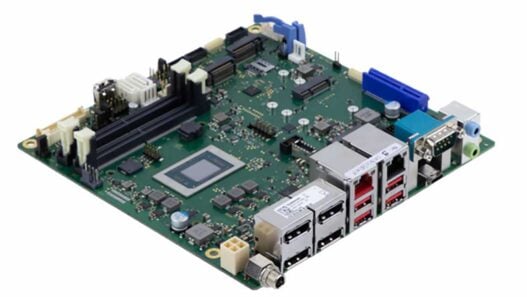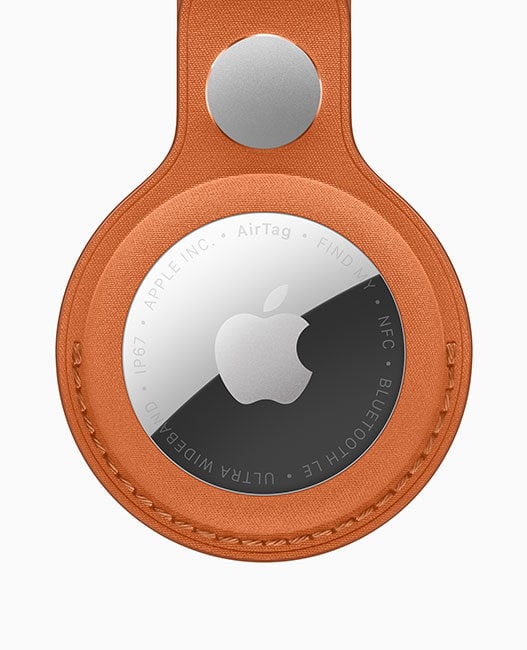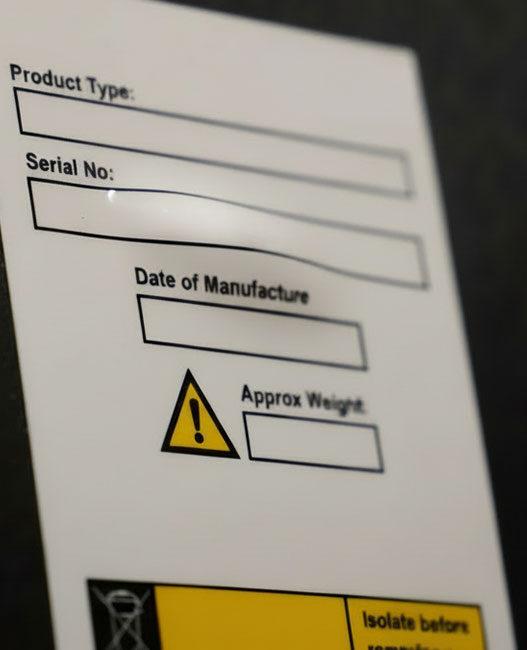IDTechEx’s report: ‘Digital Health and Artificial Intelligence 2024–2034: Trends, Opportunities, and Outlook’, covers this ongoing trend in the consumer health wearables market and includes analysis of the opportunities and roadmap for biometric monitoring.
Consumer devices battle for medical applications
A direction of travel that has been evident in the wearables industry is the increase in health metrics monitored by smartwatches. A key development in February 2024 was the clearance by the US regulatory body, the Food and Drug Administration (FDA), of the Samsung Galaxy Watch app for the assessment of sleep apnea risk. Sleep apnea is a serious sleep disorder that has significant health implications but is often undiagnosed. The ability to detect silent health conditions via a consumer device has the potential to create improvements in quality of life for a significant population of users. Upcoming consumer electronics, particularly new form factors such as smart rings, promise to bring even more health monitoring capabilities.
Underpinning the sleep apnea detection algorithm are optical sensors capable of detecting the wearer’s blood oxygen levels. While the FDA clearance is significant, the truth is that consumers have been able to check their quality of sleep for signs of sleep apnea, including movement, respiratory rate, and blood oxygen, for several years. The key difference is that with FDA clearance, the devices are no longer categorised as “wellness devices”, which come with major warnings that the data generated are not intended for medical use.
Though there are countless biometrics that can be monitored by smartwatches and other consumer electronics, the reality is that there are only a select few medical conditions that have the potential to drive substantial numbers of new users to these products. When compared to existing diagnostics or monitoring methods, consumer electronics companies will need to prove that comfortable and continuous monitoring provides significant benefit over incumbent technologies, for a large enough market.
The IDTechEx report on digital health discusses opportunities for consumer health wearables, including key value propositions and a roadmap for wearable sensor technology segmented by key biometrics.
Medical device companies eye up the consumer market
On the other end of the spectrum, medtech companies have also been entering the consumer market. Some products, such as the Omron HeartGuide blood pressure monitoring smartwatch launched in 2019, have been specifically designed from the ground up as a consumer health wearable.
However, the key health technology that is making the switch to consumer markets comes in the form of an electronic skin patch. Specifically, the continuous glucose monitor, a majorly disruptive piece of health technology in the Type 1 diabetes market, has been increasingly marketed toward consumers in recent years. These began with niche markets, such as elite athletes competing in endurance sports, but have shifted now to people interested in leveraging data on their metabolism to achieve wellness goals.
Currently, Abbott’s Lingo is available in the UK to help consumers better understand their metabolism and to improve their health. In 2024, rival Dexcom received the first FDA approval to sell a CGM over the counter in the US. Called Stelo, the device will be available in the summer of 2024 and marks a major first step into the digital health for pre- and type 2 diabetes markets. IDTechEx’s report on digital health covers the intersection of the digital health, diabetes, and consumer markets and includes a 10-year forecast for the CGM market from 2024–2034.
Elsewhere in digital health
The consumer health wearables narrative is only one of several stories that IDTechEx covers in ‘Digital Health and Artificial Intelligence 2024-2034: Trends, Opportunities, and Outlook’. IDTechEx also reports on the promise of telehealth and remote patient monitoring, the increasing use of artificial intelligence in healthcare, and a future of app-based healthcare.













